Best movies like Histoire(s) du Cinéma 1a: All the (Hi)stories
A unique, carefully handpicked, selection of the best movies like Histoire(s) du Cinéma 1a: All the (Hi)stories Starring Jean-Luc Godard, Julie Delpy, and more. If you liked Histoire(s) du Cinéma 1a: All the (Hi)stories then you may also like: Visions of Light, Night and Fog, Room 237, Korczak, The Beaches of Agnès and many more popular movies featured on this list. You can further filter the list even more or get a random selection from the list of similar movies, to make your selection even easier.
A very personal look at the history of cinema directed, written and edited by Jean-Luc Godard in his Swiss residence in Rolle for ten years (1988-98); a monumental collage, constructed from film fragments, texts and quotations, photos and paintings, music and sound, and diverse readings; a critical, beautiful and melancholic vision of cinematographic art.
You may filter the list of movies on this page for a more refined, personalized selection of movies.
Still not sure what to watch click the recommend buttun below to get a movie recommendation selected from all the movies on this list
Night and Fog
Filmmaker Alain Resnais documents the atrocities behind the walls of Hitler's concentration camps.
The Beaches of Agnès
Filmmaking icon Agnès Varda, the award-winning director regarded by many as the grandmother of the French new wave, turns the camera on herself with this unique autobiographical documentary. Composed of film excerpts and elaborate dramatic re-creations, Varda's self-portrait recounts the highs and lows of her professional career, the many friendships that affected her life and her longtime marriage to cinematic giant Jacques Demy.
Contempt
A philistine in the art film business, Jeremy Prokosch is a producer unhappy with the work of his director. Prokosch has hired Fritz Lang to direct an adaptation of "The Odyssey," but when it seems that the legendary filmmaker is making a picture destined to bomb at the box office, he brings in a screenwriter to energize the script. The professional intersects with the personal when a rift develops between the writer and his wife.
Lions Love
Three actors in Hollywood live and love together. A director comes from New York to make a movie about actors and Hollywood.
Sex and Buttered Popcorn
Actor Ned Beatty hosts a look at the genre known as "exploitation" films. Interviews with some of the producers and directors of these films are shown, along with scenes from and trailers for some of these films.
All This and World War II
Peter Gabriel is among the rockstars performing the music of Lennon and McCartney against a montage of World War II newsreel footage.
Crystal Nights
In this supernatural-themed romance, a German woman in the between-wars period is being initiated into some kind of esoteric/psychic order and learns at that time that her ideal mate won't even be born for quite a few years. By 1936, she has moved to Greece with her Greek husband, and there she meets Alberto, a very young Greek man, a Jew, who is evidently the man she has been seeking. They are able to read each other's thoughts and do so in the midst of a sexual encounter. Despite the boy's attraction to her, he spurns her due to her age (she is forty). She commits suicide and is born almost immediately as someone able to protect her ideal mate from the Germans. Later, as a young woman, she again has a liaison with Alberto, who again spurns her due to their age differences. Flashbacks indicate that this situation has been part of their lives for many incarnations.
The Image Book
In Le Livre d’Image, Jean-Luc Godard recycles existing images (films, documentaries, paintings, television archives, etc.), quotes excerpts from books, uses fragments of music. The driving force is poetic rhyme, the association or opposition of ideas, the aesthetic spark through editing, the keystone. The author performs the work of a sculptor. The hand, for this, is essential. He praises it at the start. “There are the five fingers. The five senses. The five parts of the world (…). The true condition of man is to think with his hands. Jean-Luc Godard composes a dazzling syncopation of sequences, the surge of which evokes the violence of the flows of our contemporary screens, taken to a level of incandescence rarely achieved. Crowned at Cannes, the last Godard is a shock film, with twilight beauty.
Imaginary Witness: Hollywood and the Holocaust
Daniel Anker’s 90-minute documentary takes on over 60 years of a very complex subject: Hollywood’s complicated, often contradictory relationship with Nazi Germany and the Holocaust. The questions it raises go right the very nature of how film functions in our culture, and while hardly exhaustive, Anker’s film makes for a good, thought provoking starting point.
Making Waves: The Art of Cinematic Sound
An exploration of the history, artistry and emotional power of cinema sound, as revealed by legendary sound designers and visionary directors, via interviews, clips from movies, and a look at their actual process of creation and discovery.
Mifune: The Last Samurai
An account of the life and work of legendary Japanese actor Toshirō Mifune (1920-97), the most prominent actor of the Golden Age of Japanese cinema.
Flickering Ghosts of Love Gone By
Inheriting a film collection of home movies after the death of a relative, a film director recounts his life and the women he loved while investigating some family secrets hidden in the recovered images.
The Girl from Jones Beach
Glamour artist Bob Randolph is world famous for his paintings of a stunning beauty dubbed "The Randolph Girl". What the world doesn't know is that his pin-up creation is really a composite of parts of the anatomy of 12 different models. In an effort to find one girl who possesses all the proper physical attributes, Randolph and PR man Chuck Donovan pursue Ruth Wilson, a beauteous schoolteacher who prefers to be admired for her brain rather than her curves. Ruth changes her tune, however, when a published photo of her in a swimsuit causes her to be fired by the uptight schoolboard. She sues for reinstatement and in the process learns that swimsuits and sex appeal do have a place in her world, after all. Written by Dan Navarro
Touched
Acclaimed author and recluse Norma Boswell is reaching the end of her days. She has kept her terminal diagnosis secret from everyone around her, her housekeeper and gardener, as well as her estranged son, Justin. As her health continues to decline, her doctor insists it is time to bring in a live-in nurse at home. Stubbornly proud, Norma rejects every candidate for the job straight away. That is until she comes across Emma Keating, who refuses to take no for an answer and whole-heartedly agrees to keep Norma’s secret.
Tribulation 99: Alien Anomalies Under America
Baldwin’s “pseudo-pseudo-documentary” presents a factual chronicle of US intervention in Latin America in the form of the ultimate far-right conspiracy theory, combining covert action, environmental catastrophe, space aliens, cattle mutilations, killer bees, religious prophecy, doomsday diatribes, and just about every other crackpot theory broadcast through the dentures of the modern paranoiac.
The Legend of Valentino
An embellished dramatization of the career and personal life of actor Rudolph Valentino, widely regarded as the screen's first male sex symbol.
The Méliès Mystery
A documentary that details the process of restoring 270 of the 520 lost films of pioneering director Georges Méliès, all orchestrated by a Franco-American collaboration between Lobster Films, the National Film Center, and the Library of Congress.
Elizabeth Taylor: An Intimate Portrait
Vintage 1975 documentary about the life of movie queen Elizabeth Taylor hosted by Peter Lawford, and featuring appearances by actors Roddy McDowall and Rock Hudson, directors Richard Brooks and Vincente Minnelli, Elizabeth's mother Sara Taylor, costumer Helen Rose, and producer Sam Marx.
Alice Guy, the First Female Filmmaker
Who, apart from moviegoers, knows Alice Guy (1873-1968) today? However, she was the first woman behind the camera and the first female director and producer of fiction films in history.
Near Myth: The Oskar Knight Story
A documentary chronicle of one of our greatest directors.
Emmanuelle: Queen of French Erotic Cinema
France, 1974. The erotic film Emmanuelle, directed by Just Jaeckin, breaks all records for cinema attendance: the story of the creation of a sensual epic that marked a turning point in the struggle for sexual emancipation.
Deep Throat: When Porn Makes Its Premiere
Deep Throat, a pornographic film directed by Gerard Damiano, a film-loving hairdresser, and starring Linda Lovelace, a shy girl manipulated by a controlling husband, was released in 1972 and divided audiences, who began to talk openly about sex, desire and female pleasure; but also about violence and abuse; and about pornography, until then an almost clandestine industry, as a revolutionary cultural phenomenon.
Sweet Black Film: The Birth of the Black Hero in Hollywood
In 1971, director Melvin Van Peebles turned the figure of the black hero in US cinema upside down with Sweet Sweetback's Baadasssss Song: the story of the making of a seminal movie that initiated the Blaxploitation movement, a short-lived but highly influential sub-genre in the years that followed.
Volker Schlöndorff: The Beat of the Drum
The life and work of the brilliant German filmmaker Volker Schlöndorff, a cross-border artist who, by leaving Germany and making the whole world his place of work, acquired the objective perspective necessary to portray his country's society better than anyone else while providing a unique and original point of view on the troubled history of the European continent.
The Cinematograph: Birth of an Art
Throughout the 19th century, imaginative and visionary artists and inventors brought about the advent of a new look, absolutely modern and truly cinematographic, long before the revolutionary invention of the Lumière brothers and the arrival of December 28, 1895, the historic day on which the first cinema performance took place.
The Gold Rimmed Glasses
Jewish lovers (Rupert Everett, Stefania Sandrelli) and a homosexual doctor (Philippe Noiret) fall to prejudice and scandal in 1938 Italy.
John Ford Goes to War
When World War II broke out, John Ford, in his forties, commissioned in the Naval Reserve, was put in charge of the Field Photographic Unit by Bill Donavan, director of the soon-to-be-OSS. During the war, Field Photo made at least 87 documentaries, many with Ford's signature attention to heroism and loss, and many from the point of view of the fighting soldier and sailor. Talking heads discuss Ford's life and personality, the ways that the war gave him fulfillment, and the ways that his war films embodied the same values and conflicts that his Hollywood films did. Among the films profiled are "Battle of Midway," "Torpedo Squadron," "Sexual Hygiene," and "December 7."













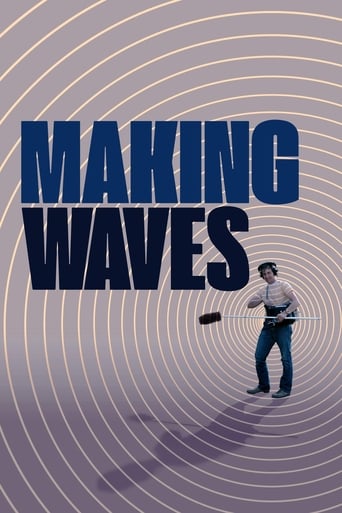






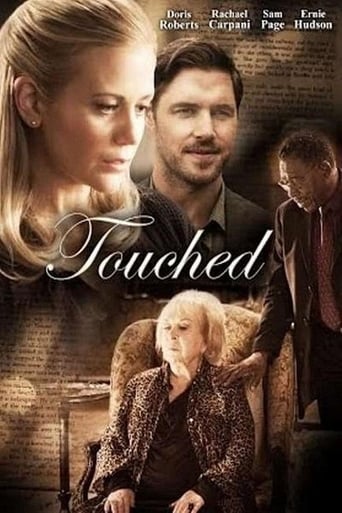

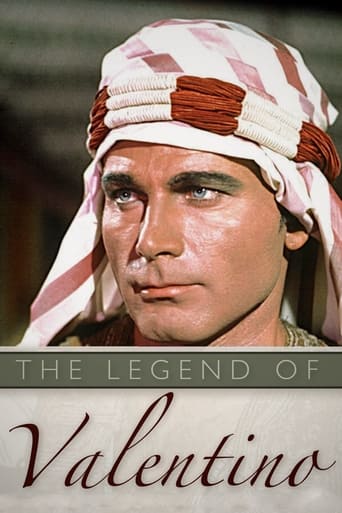










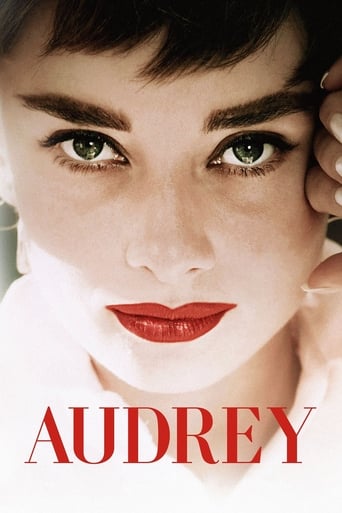
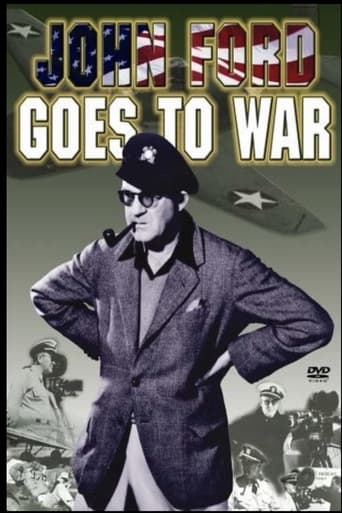
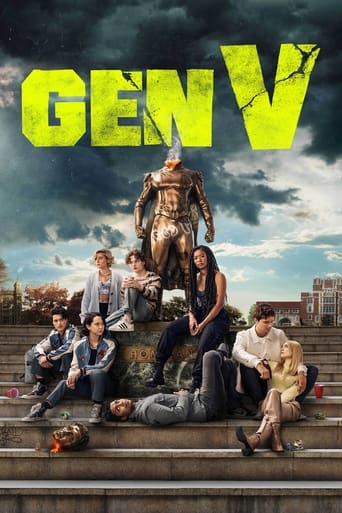
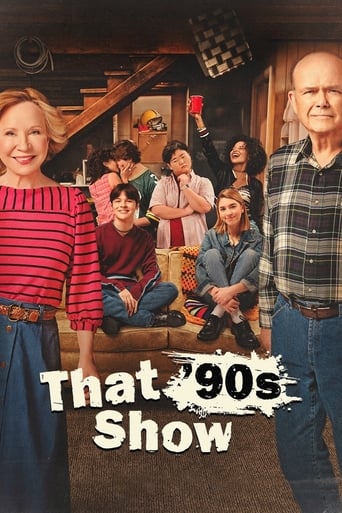
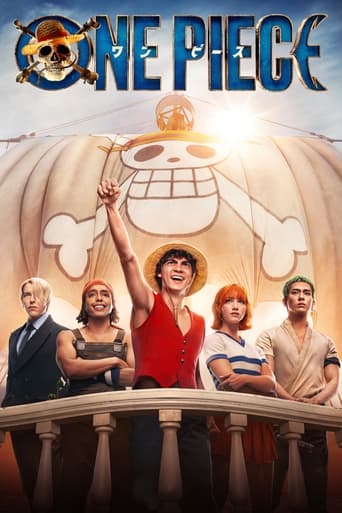

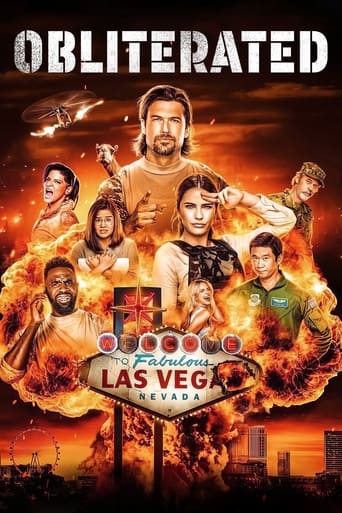


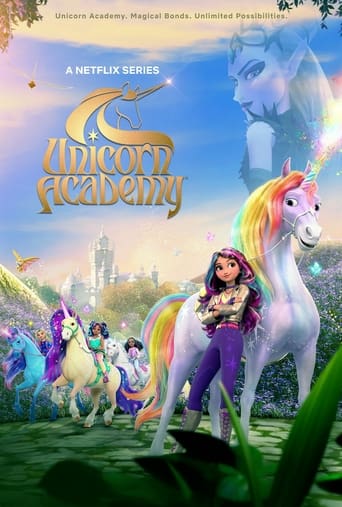



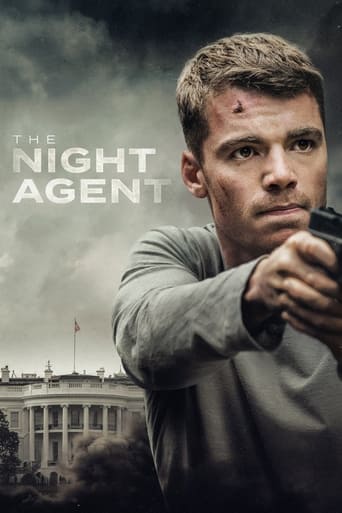
Visions of Light
Cameramen and women discuss the craft and art of cinematography and of the "DP" (the director of photography), illustrating their points with clips from 100 films, from Birth of a Nation to Do the Right Thing. Themes: the DP tells people where to look; changes in movies (the arrival of sound, color, and wide screens) required creative responses from DPs; and, these artisans constantly invent new equipment and try new things, with wonderful results. The narration takes us through the identifiable studio styles of the 30s, the emergence of noir, the New York look, and the impact of Europeans. Citizen Kane, The Conformist, and Gordon Willis get special attention.